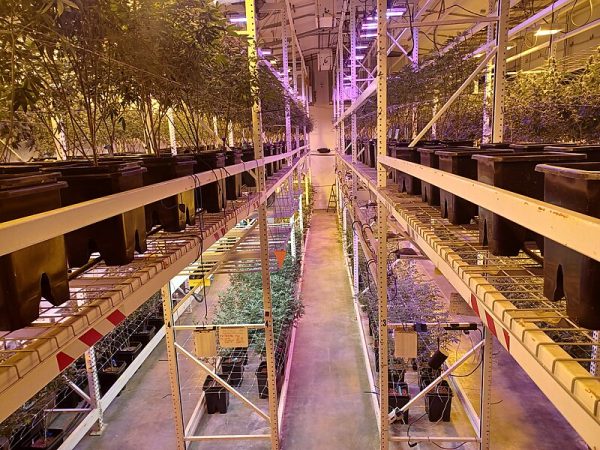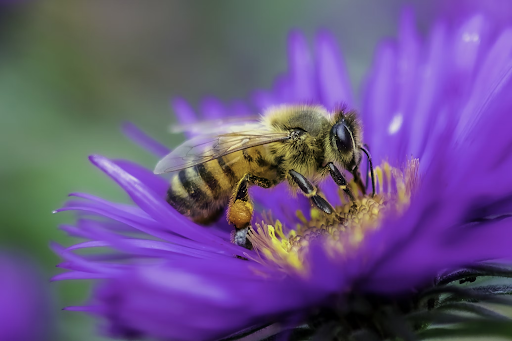Australia’s Fires are a Horrifying Herald
Julian Bekong, ’21, finds the claims of Arson causing the Australian fires to be false and harmful to global discussions of climate change, and that “claims [of Arson] like this have stopped circulating.”
Australia has had an issue with wildfires for as long as it existed. Horrible fires have occurred often enough that of the seven weekdays we have, five are stained black in name and recent memory, named (for example; Black Saturday) as such due to catastrophic fires occurring on those days, blotting those dates and their memories with soot and ash. But, the Australian fires of 2019 to 2020 have been especially bad, burning through more land than the 2018 California fires and Amazon fires combined, and that sum subsequently doubled. Though the fires are quickly dying down, a new series of fires in New South Wales have recently sprung up, as well as numerous heatwaves bringing potential re ignition of the bush, reviving these fires.
Images of the crimson sky choking out everything to the horizon and back swept the world, drawing attention to the severity of the fires, and just how dire the situation was for those there. Many residents of affected regions had to leave by boat; the smoke generated made flying a far too dangerous option. Many residents could not, however, leave, human and otherwise. Wildlife preserves and zoos were greatly impacted, of course, but the fires ravaged the untamed bush as well. Lakes were left as barren expanses of mud, and the creatures inside were heavily impacted by this.
The platypus is arguably one of the most well known animal oddities, and it hails from Australia. Platypus are nocturnal, fast swimmers, and they hard to catch in their native environments. Their native environments are now burnt shells of their former selves, and the confusing creatures are left confused and wandering during the day. This made it easy for them to be caught by wildlife conservation efforts, but such a change in their behavior is one of many horrible impacts of the wildfires. Unfortunately, the plucky platypus is not so adapted for this dark turn for the future of these bright fires, with some figures suggesting a decline in their populations of up to 73% in the next five decades. Though we have five decades to stop the endangerment of the platypus, 1.25 billion animals have already died in the fires. Echidnas and Platypuses (or Platypodes but not Platypi) are the only mammals to lay eggs, and their eggs, toxins, and general strangeness are all sources of interest for biological researchers, which we stand to lose to the fires.
One area of interest in the recent fires is what’s to blame? The fires have been significantly worse than any other in history, recent and otherwise. Maybe the root cause is in a series of Arsonists. This concept has been claimed by numerous outlets, and, to a degree, is true; some of the fires can, in fact, be blamed on Arsonists. A grand total of 3%, at the highest, in Queensland, can be blamed on arsonists, and only 0.03% of the fires in Victoria can have the same blame placed. To offer perspective on the situation, Julian Bekong ’21 responded to the claims of Arson: “Those claims [of Arson] are just used to skirt around the main issue that the fires raised, which is the increasing validity of the effects of climate change throughout the world,” and Julian is correct in that climate change, or Global Warming, is the most common cause claimed.
Global Warming is hard to attribute directly to any one event. There is, however, an undeniable upward trend of temperatures, regionally in Australia totaling 1 degree Celsius, (1.8 degrees Fahrenheit), which may sound minor but has massive consequences, especially in such a fire prone region. The Australian Parliament recognizes this as an issue, their own parliamentary library stating global warming will lead to increasingly severe fires, resulting in worse outcomes for the ecology, economy, and survival chances for those affected, which these most recent fires have certainly proven. In spite of this, the Deputy Prime Minister of Australia, Michael McCormack, denies climate change in any human-caused way. Other politicians have also been poorly handling the fires. The Prime Minister, Scott Morrison, took a vacation to Hawaii during the fires, without telling anyone or specifying the duration, and even had denied his departure.
Images of the crimson sky choking out everything to the horizon and back swept the world, drawing attention to the severity of the fires, and just how dire the situation was for those there.
Scott Ernsberger is a Managing Editor/Advisory Editor for ‘The Science Survey.' As a Managing Editor, Scott helps with copy-editing and keeping deadlines,...
Arona Islam is a Senior Staff Reporter for ‘The Science Survey’ and the Editor-in-Chief for ‘The Observatory.’ Journalism has become a passion...











